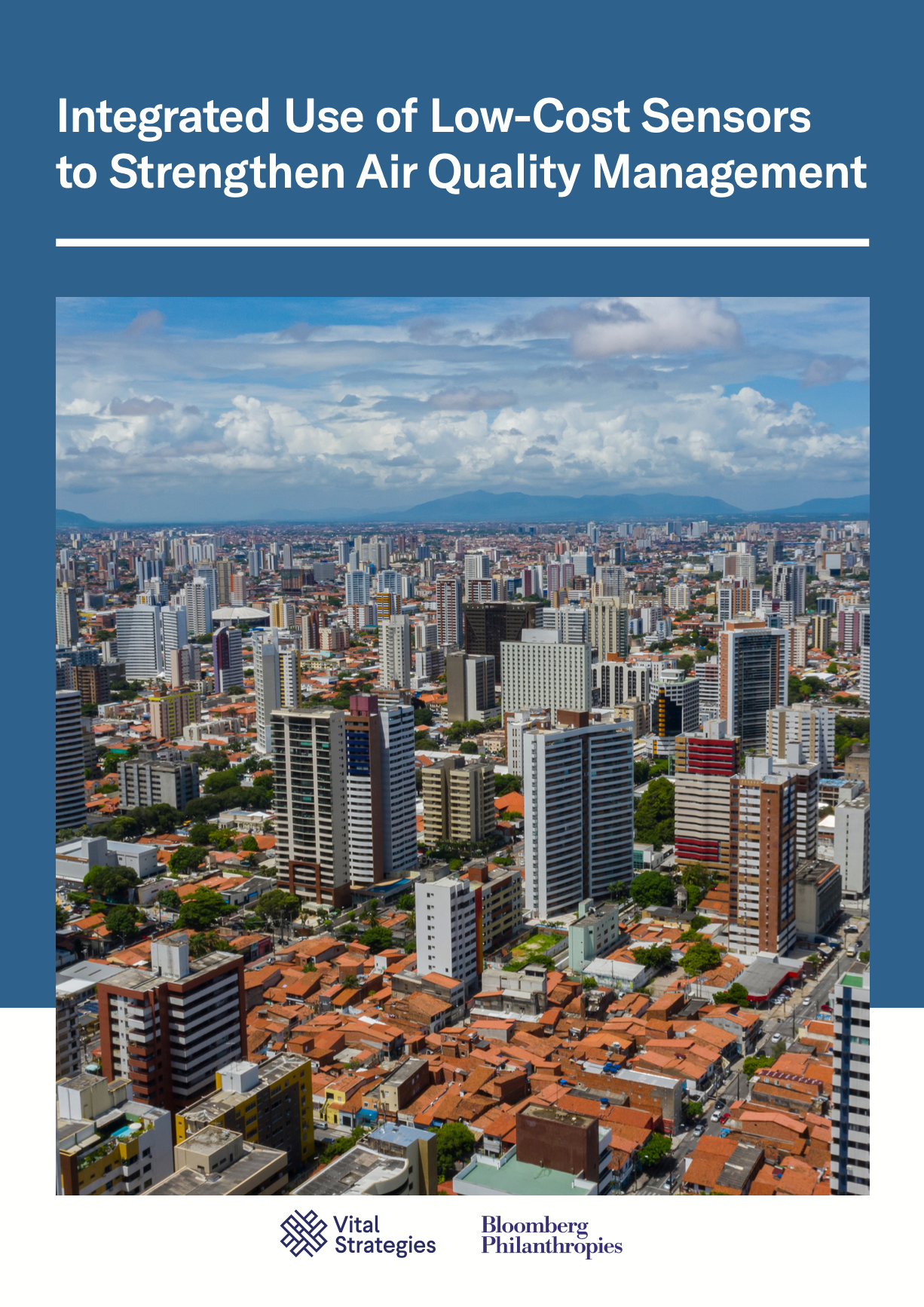Air pollution continues to be the deadliest global environmental health risk, causing nearly 5 million deaths each year, mainly from exposure to fine particles (PM2.5). The burden of air pollution is greatest and increasing in countries with rapid economic development and urbanisation, along with a proliferation of emissions from industry, electric power generation, and motorised transport.
For many city governments in many low- and middle-income countries, the complexity and cost of understanding and controlling air pollution have been barriers to initiating or sustaining effective clean air action. A new approach in air quality management that combines conventional solutions with innovations in monitoring, assessment, data use, and organization can accelerate clean air action, especially in cities with presently limited technical capacity.
Also available: Integrated Use of Low-Cost Sensors to Strengthen Air Quality Management in Indian Cities
Sign up to receive our monthly Research Roundup email, which offers a selection of new public health research from major journals.
Recent Abstracts
Foundations & Futures: Reimagining Public Health in the Artificial Intelligence Era
Strengthening Health Systems to Address Air Pollution in Ethiopia
Policy Brief: Childhood Blood Lead Surveillance in Indonesia – Findings and Policy Recommendations
Impact of Blue Lanes on Road Safety: Crashes, Speed and Motorcyclists’ Perceptions in…
Impacto da Faixa Azul na Segurança Viária: Sinistros, velocidade e percepções de motociclistas…
Culture is Medicine- a Model of Indigenous Harm Reduction in Practice
Trouble Brewing – The Case for Alcohol Policy (Second Edition)
Lessons from Vietnam’s Campaign for a Tax on Sugar-Sweetened Beverages
Principles of Alcohol Taxation
Clean Air in Jakarta: Gaps and Possibilities Toward Low Emission Practices
